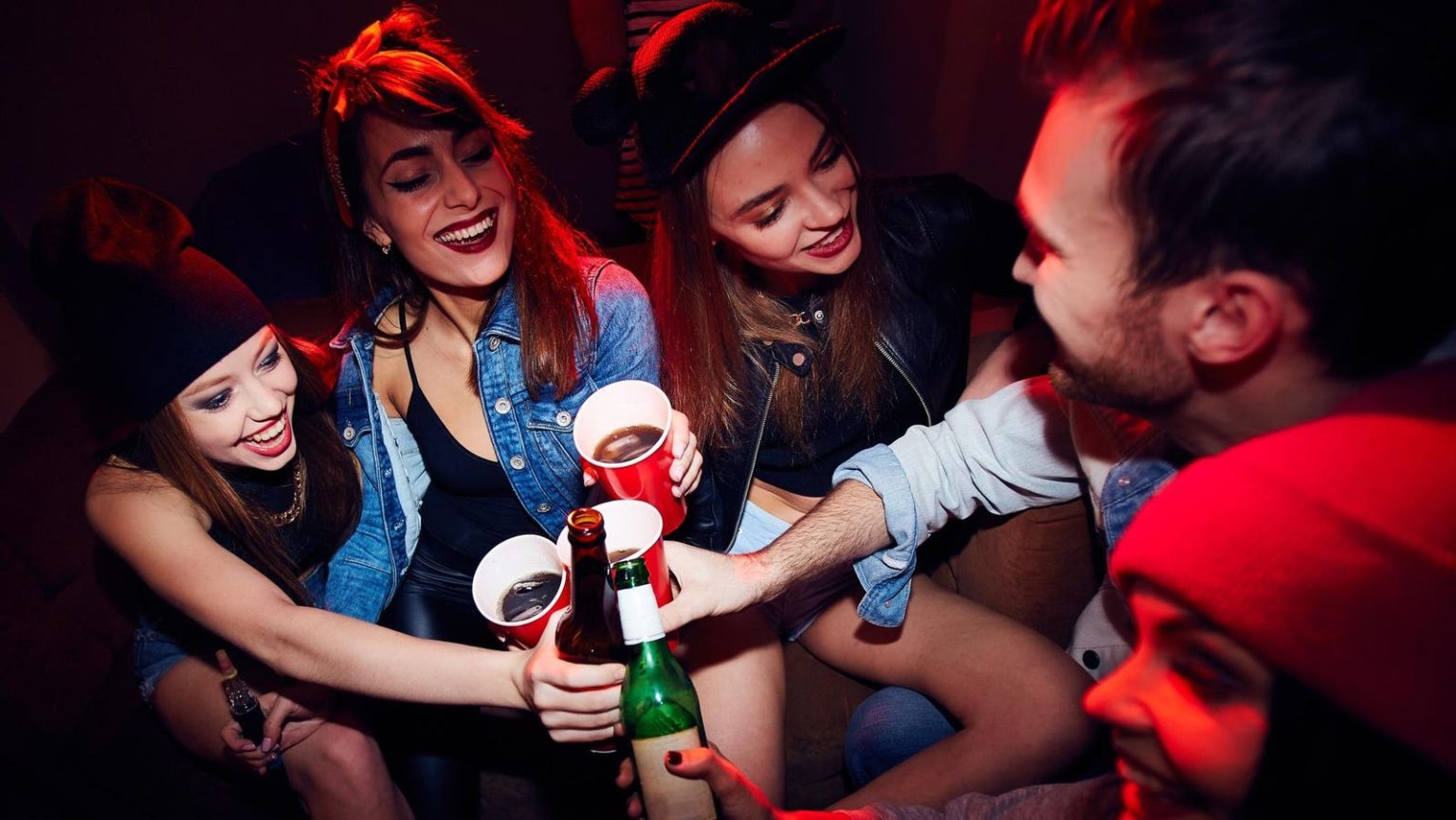In potentially troubling news for the drinks business, recent data from CGA by NIQ shows that Gen Z is now reducing their alcohol consumption more than ever.
What was once assumed to be a trend towards moderation among younger consumers has is now widely considered to be the generation’s broad lifestyle choice, sparking concern within the global wine and spirits industry about future shifts in drinking habits.
While it was previously thought that Gen Z was merely shifting towards alternatives like RTDs and hard seltzers, the new OPUS data shows a significant overall reduction in alcohol intake amongst Gen Z consumers in the UK.
For those of legal drinking age, up to the age of 24, the stats are striking: 30% report drinking less than last year, and 13% have given up alcohol altogether.
Health is a major driver, with 74% claiming they were looking for a healthier lifestyle. This focus on wellness is not just about avoiding alcohol but reflects a broader cultural shift towards holistic health.
Younger consumers are also increasingly prioritizing mental and physical well-being, which naturally influences their choices both inside and beyond the bar.
The rise of alcohol-free social media pages and communities have amplified the trend, too. Platforms like Instagram and TikTok are filled with influencers promoting non-alcoholic alternatives and general, dare we say it, “clean” living, with alcohol considered one of the – if not the most – biggest deterrent.
These platforms not only reflect consumer preferences, but drive them.
Of course, while this news may not thrill the drinks industry, it’s not all doom and gloom – roughly 60% of this age group still heads out to bars and restaurants weekly, with the data suggesting younger consumers are simply 6% more likely to order a soft drink at bars. This presents a significant opportunity for the drinks sector to innovate and offer appealing non-alcoholic options that resonate with today’s health-conscious consumers. And, in all likelihood, the more extreme choices of the eventual drinking generation below them.
As Violetta Njunina, client director at CGA, observed, “With moderation becoming a key trend, especially among younger consumers, offering appealing, high-quality, and health-conscious soft drinks is crucial. Suppliers who adapt to these changing preferences are set to thrive in this new era of beverage consumption.”
In this evolving market, the challenge for alcohol brands will be to understand and leverage these shifting preferences, turning them into strategic opportunities for growth and innovation, rather than the death knell they’re so often reported to be.
Read the full article here





